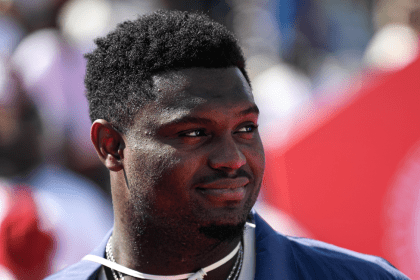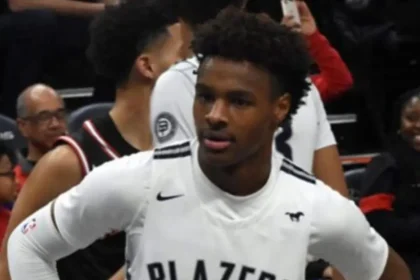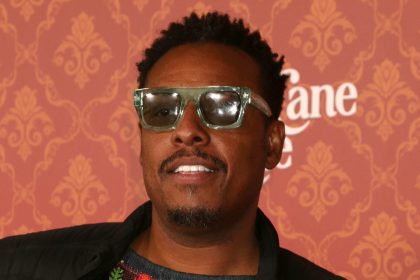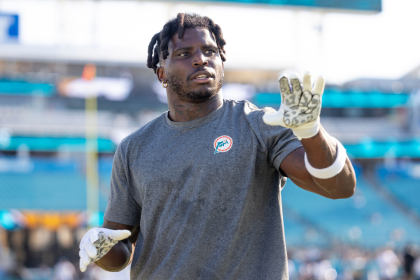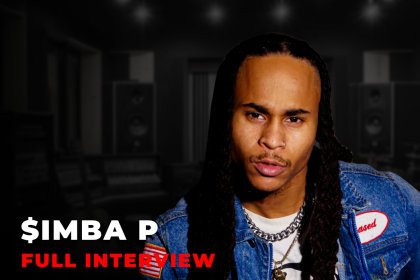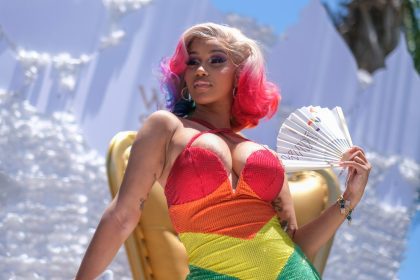Five-time WNBA All-Star, 2X All-WNBA, and 5X gold medalist Angel McCoughtry has been dedicated to helping the youth be able to play the sport they love, regardless of their sexual orientation, gender identity, or gender expression. Through her own experience, McCoughtry knows how it feels to be outcasted, so she’s helping others.
McCoughtry spoke with rolling out about partnering with the Athlete Activism Summit, and gave mental health tips for young people.
What was your experience like as a part of the LGBTQ+ community?
I think it doesn’t matter your gender. You can be a straight person, and be a part of the LGBTQ community. It’s a group of support. Just through my experience… I’ve lived in other countries where I was outcasted. I felt uncomfortable. I hid for a long time who I was dating… It came to a point where I said, “I’m going to be myself; I’m going to love myself.” I’m glad that those groups exist. When I went through what I went through, especially playing in Turkey where I was outcasted, I had no one. It was a tough time. I didn’t have a group to reach out to; I didn’t have anybody to lean on. I just had to go through the fire alone, and just suffer. Now, these kids don’t have to go through anything alone. You have a group holding your hand, and we’re walking with you.
What are some mental health tips that you would give to the youth?
The best mental health tip that I can give from my experience is to speak and open your mouth. People don’t pretend to be hurt; they pretend to be okay. Sometimes you don’t even really listen and it’s because people are so good at faking being okay. But that’s why, for us, you’ve got to ask people, “How are you doing?” Even if they look okay, still ask someone how are they doing. Using myself as an example, I’ve been hurting for two years. I haven’t played, I haven’t gotten picked up in basketball, and I’m hurting, but it looks like I’m doing okay because I’m doing all these amazing things. But I’m still hurting. That’s a prime example where it doesn’t matter if you have millions of dollars, it doesn’t matter if you look like you’re getting every award, people still hurt. You know what I mean? We should always ask people if they are okay no matter what it looks like, and people also on the other side have to be vulnerable. Talk about it. “Hey, I need help. I’m suffering. I’m hurting.” You got to open up.
I didn’t open my mouth for a long time and I was suffering in silence. I couldn’t even watch basketball for over a year and a half because it hurt me so bad. Now I’m starting to talk about it more, and it’s making me feel better, but I was silent for a long time. I encourage people to please be vulnerable. Please open your mouth and let someone know. Someone you trust like your therapist. The last thing I will say is therapy doesn’t mean there’s something wrong with you. I think a lot of people have this misconception and say, “I’m not crazy.” You’re not crazy. That doesn’t mean that. Therapy is like mental exercise. Just like we go to the gym and exercise our muscles, we have to exercise that brain muscle, and that brain muscle is like, “Hey, let me go to therapy. That’s exercising that muscle and keeping it strong.”

